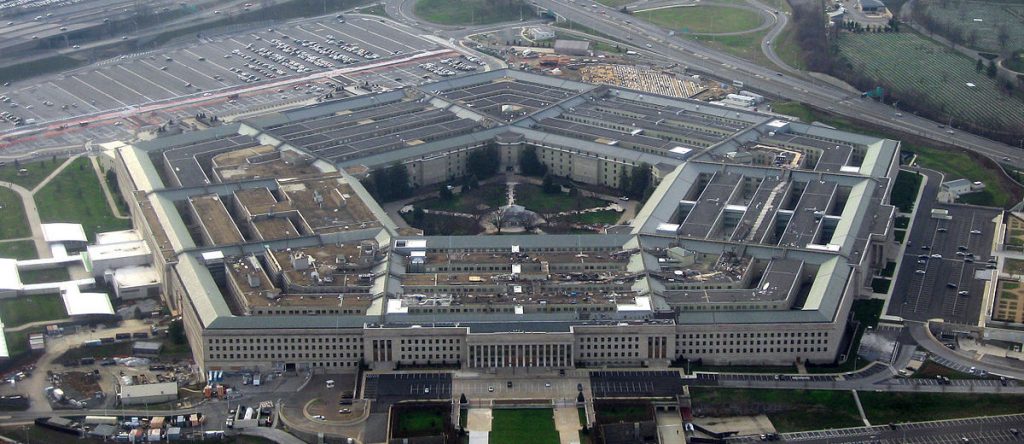Editors note. This report will be very big when it comes out. The trade conflict with China Will continue for a long time.
A U.S. Defense Department-led review ordered by President Donald Trump concludes that the Chinese government is deliberately leveraging its monopoly on certain key natural resources to undermine the U.S. defense industrial base, sources told Foreign Policy ahead of the study’s release.
[ Lara Seligman | October 2, 2018 | Foreign Policy]
The study accuses Beijing of flooding world markets with certain materials critical to the manufacture of fuel used in U.S. missiles and rockets and components of U.S. military jets, among other items. It concludes that China is carrying out this policy as a way of forcing U.S. suppliers out of business, said one administration official.
Coming amid mounting friction over the trade war between Washington and Beijing, the study reflects U.S. concern about China’s expanding military and economic clout. The last week has seen the imposition of fresh sanctions, a challenge by a U.S. Navy warship to Chinese control of disputed islands in the South China Sea, and Trump accusing China of meddling in U.S. politics.
The study, which was described to FP by two sources who requested anonymity and is expected to be released publicly in the coming weeks, pointedly calls out China for using underhanded trade practices to hurt U.S. businesses.
For example, there is only one U.S. producer of a key compound used to fuel rockets, strategic missiles, and intercontinental ballistic missiles: ammonium perchlorate. China, which controls much of the world’s supply of this compound, sells it at artificially low prices, undercutting the single U.S. supplier.
“China uses their control of natural resources and other materials to negatively impact our industrial base as a national strategy,” the administration official said. “This has a very real impact on our ability to maintain an industrial base.”
The study also notes that China dominates the world’s supply of processed rare-earth minerals, which are found in electronic devices such as cell phones, as well as virtually every U.S. military aircraft, according to another source with knowledge of the report.
One of the study’s conclusions is that “China has deliberately organized its export of resources and its manufacturing trade policy in order to undercut America’s lead in critical capability,” the source said.
The study identifies specific vulnerabilities in the defense industrial base and makes recommendations to strengthen U.S. defense companies. It will call for increased stability in Defense Department budgets, targeted investment in critical industrial capabilities, and acceleration of workforce development efforts to grow domestic STEM and critical trade skills, according to a third source.
The review, which focuses on the health of the U.S. industrial base broadly, was requested by the president in July 2017 but has been long delayed.
“Secretary of Defense Jim Mattis led a whole of government effort that identified and assessed risk, and made recommendations to the President to ensure a robust, resilient, secure, and ready manufacturing and defense industrial base,” said Defense Department spokesman Lt. Col. Mike Andrews. “The department of defense looks forward to the report’s release, and working through a whole of government approach to implement the report’s recommendations.”













